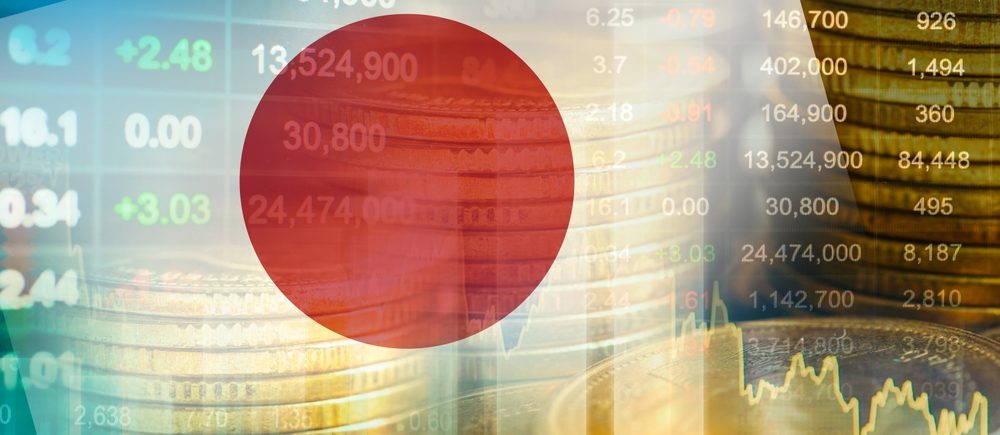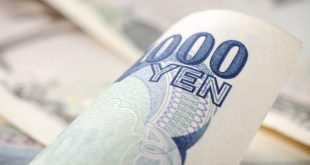Japan stands at a pivotal moment in its cryptocurrency journey, with proposed reforms signaling a bold shift toward a more progressive regulatory landscape. The Financial Services Agency (FSA) has put forward changes that could transform the crypto industry, including lifting the ban on Bitcoin exchange-traded funds (ETFs) and slashing taxes on crypto gains. These moves aim to align Japan’s digital asset framework with global trends, fostering innovation and investment while prioritizing consumer protection. What could this mean for Japan’s burgeoning crypto market?
Reclassifying Crypto Under Financial Instruments
The FSA’s proposal, set for review on June 25, 2025, seeks to shift cryptocurrency regulation from the Payment Services Act to the Financial Instruments and Exchange Act (FIEA). This reclassification would designate crypto assets as financial products, aligning them with traditional securities like stocks. Such a change could pave the way for Bitcoin ETFs, enabling institutional investors to enter the market more seamlessly. By establishing a dedicated task force to oversee the industry, the FSA aims to balance innovation with robust oversight, ensuring consumer protections remain intact.
Tax Cuts to Boost Crypto Adoption
A standout feature of the proposal is a drastic reduction in crypto gains taxation, from a progressive rate of up to 55% to a flat, self-reported rate of approximately 20%. This aligns crypto taxation with Japan’s stock market, making digital assets more attractive to investors. The tax cut could spur greater participation in crypto markets, particularly as Japan’s crypto user base is projected to reach 18.69 million by 2026, according to Statista. With the crypto market expected to generate $2 billion in revenue by the end of 2025, growing at a 3.44% annual rate, these reforms could amplify Japan’s position as a crypto hub.
Global Context and Japan’s Progressive Vision
Japan’s reforms come amid a global push for crypto-friendly regulations, particularly in the United States, where efforts focus on fostering innovation and financial inclusion. By adopting a forward-thinking approach, Japan aims to become an investment-driven nation, leveraging Web3 and decentralized finance (DeFi) platforms to create new opportunities. The shift to FIEA regulation reflects a strategic move to integrate crypto into mainstream finance, potentially attracting institutional capital and boosting market liquidity.
What Lies Ahead for Japan’s Crypto Market
The proposed changes signal Japan’s ambition to lead in the global crypto space. Lifting the Bitcoin ETF ban could unlock significant institutional investment, while the tax reduction may encourage broader retail participation. However, the success of these reforms hinges on effective implementation and consumer safeguards. As the FSA deliberates, investors and market participants should watch closely for signals on how these changes will shape Japan’s crypto landscape, potentially setting a precedent for other nations navigating the evolving world of digital assets.

Japan
 Noor Trends News, Technical Analysis, Educational Tools and Recommendations
Noor Trends News, Technical Analysis, Educational Tools and Recommendations




